#
EUROPEUS
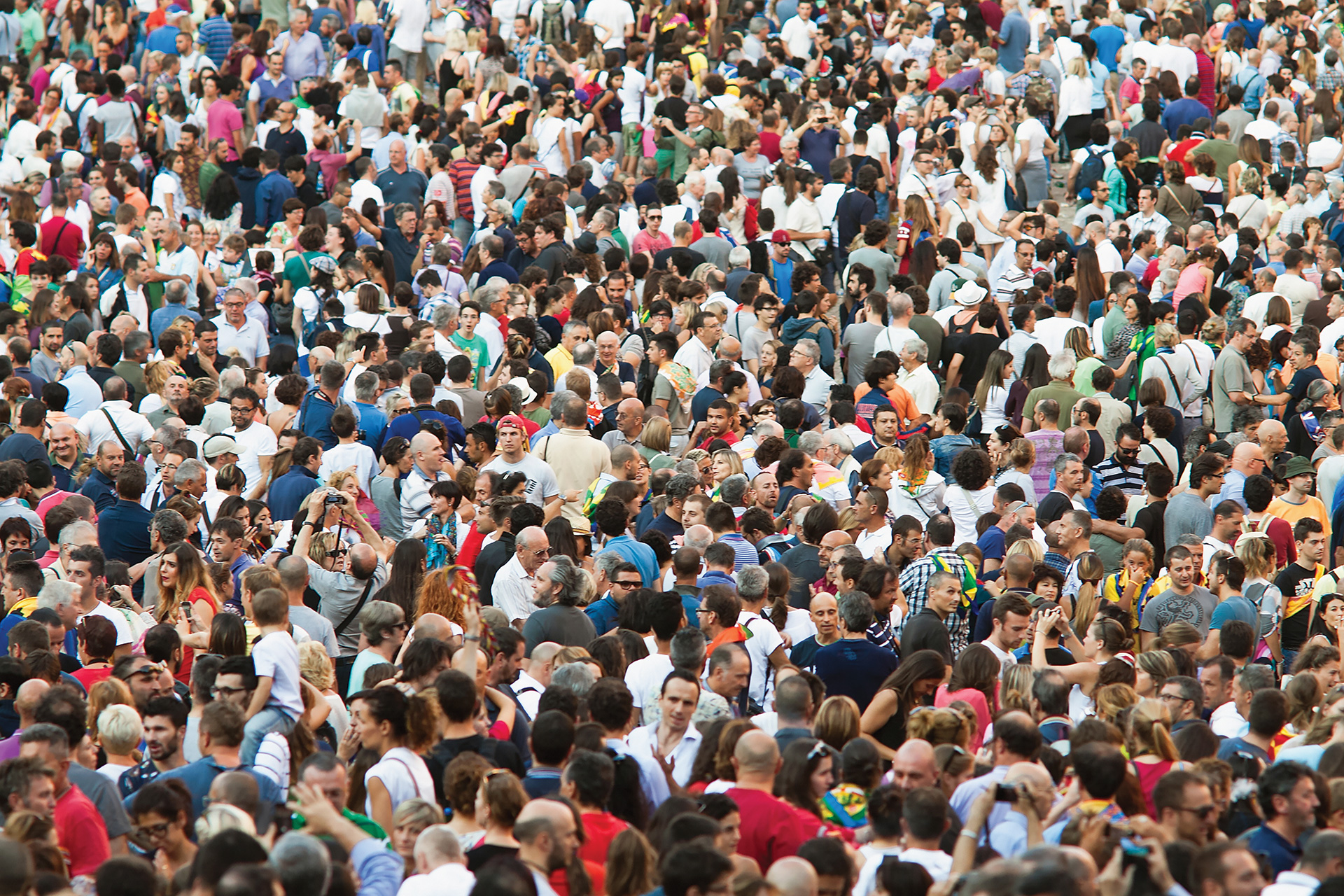



A EUROPA E O MUNDO
"Talvez tenha sido um sonho mal sonhado desejar uma Europa 'unida' tão outra daquilo que durante séculos foi e maravilhosamente o é ainda: uma coexistência de 'nações' vizinhas e inimigas umas das outras, mas ricas na sua diferença.(...)
Eduardo Lourenço “Quo Vadis, Europa?”, Público, 12 de julho de 2012
Em 28 de março de 1977, o primeiro-ministro do I Governo Constitucional, Mário Soares, entregou formal e solenemente o pedido de adesão de Portugal às Comunidade Europeias. Quase dez anos depois, em 1 de janeiro de 1986, Portugal tornou-se formalmente membro das Comunidades.
1945
FIM DA II GUERRA MUNDIAL
08-05-1945 Fim da II Guerra Mundial na Europa.
1947
GUERRA FRIA
1947 Guerra Fria.
12 de março: anúncio da Doutrina Truman.
5 de junho: discurso de George Marshall, a partir do qual se instituiu o Plano Marshall / European Recovery Plan.
1951
CECA
18-04-1951 Constituição da CECA – Comunidade Europeia do Carvão e do Aço, pelo Tratado de Paris.
Assinado por seis países: França, Alemanha, Itália e Benelux. O Luxemburgo torna-se sede da Alta Autoridade, presidida por Jean Monnet. Foi extinta em 2002.
1957
TRATADO DE ROMA
25-03-1957 Tratado de Roma.
Assinatura em Roma pelos Seis (Bélgica, França, Alemanha, Itália, Luxemburgo e Países Baixos) dos Tratados que instituem a Comunidade Económica Europeia (CEE) e a Comunidade Europeia da Energia Atómica (Euratom).
1960
EFTA
04-01-1960 Assinatura, em Estocolmo, Suécia, da Convenção que institui a Associação Europeia de Comércio Livre / EFTA, constituída pela Áustria, Dinamarca, Noruega, Portugal, Suécia, Suíça e Reino Unido. Portugal beneficia de um regime aduaneiro particular que fica consignado no Anexo G ao Tratado.
1965
TRATADO DE BRUXELAS
08-04-1965 Tratado de Bruxelas.
Assinatura do Tratado de Fusão dos executivos das três Comunidades (CECA, CEE, Euratom), instituindo um Conselho e uma Comissão únicos. O Tratado, dando origem à Comunidade Europeia, entrou em vigor em 1 de julho de 1967.
1974
CIMEIRA PARIS
09-12-1974 Cimeira de Paris, 9 e 10 de dezembro.
Os chefes de Estado e de governo da Comunidade decidem realizar reuniões três vezes por ano, passando a designar-se Conselho Europeu; é instituído o princípio das eleições diretas para o Parlamento Europeu; concordam com a criação do FEDER – Fundo Europeu de Desenvolvimento Regional – e resolvem criar a União Económica e Monetária.
1986
ATO ÚNICO EUROPEU
17-02-1986 Luxemburgo e Haia, 17 e 28 de fevereiro.
Assinatura do Ato Único Europeu.
1992
TRATADO DA UE
07-02-1992 Maastricht.
Assinatura do Tratado da União Europeia pelos ministros dos Negócios Estrangeiros e das Finanças dos Doze, numa cerimónia presidida por Cavaco Silva.
Fica estabelecida a criação da União Económica e Monetária (UEM) e a introdução da moeda única.
1997
TRATADO DE AMESTERDÃO
02-10-1997 Assinatura do Tratado de Amesterdão.
Entrou em vigor em 1 de maio de 1999.
1999
LANÇAMENTO OFICIAL DO EURO
01-01-1999 Lançamento oficial do euro.
O Conselho fixa irrevogavelmente as taxas de conversão para euros das moedas participantes. O euro passa a existir enquanto moeda e as moedas nacionais dos países participantes passam a ser subdivisões do euro.
Alemanha, Áustria, Bélgica, Espanha, Finlândia, França, Irlanda, Itália, Luxemburgo, Países Baixos e Portugal adotam o euro como moeda oficial.
2007
TRATADO DE LISBOA
13-12-2007 Assinatura do Tratado de Lisboa no Mosteiro dos Jerónimos.
Entrou em vigor em 1 de dezembro de 2009.
ESTADOS-MEMBROS
